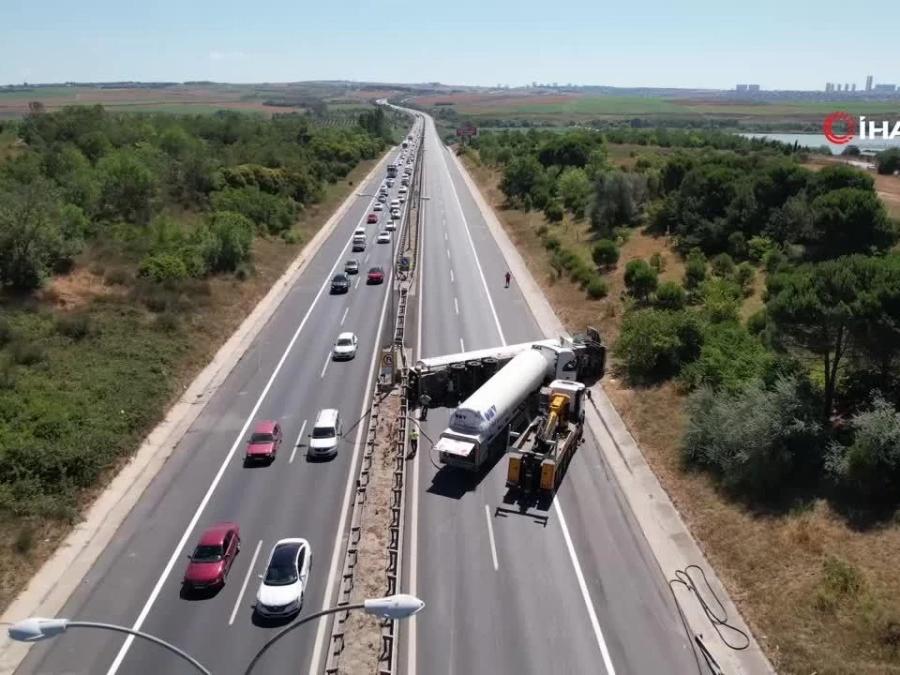US President Joe Biden announced that Israel and Hamas have agreed on a framework for a ceasefire in Gaza, marking a potential breakthrough in the ongoing conflict. However, significant obstacles remain as both sides continue to negotiate through international mediators.Israeli Prime Minister Benjamin Netanyahu is reportedly conducting the ceasefire negotiations almost single-handedly, leading to internal disagreements. Netanyahu has introduced new demands that threaten to derail the talks, including preventing the return of armed Palestinians to northern Gaza and maintaining Israeli control over the Philadelphi Corridor, an eight-mile strip along the Gaza-Egypt border.Hamas, on the other hand, is seeking written guarantees from mediators that Israel will not resume the war in Gaza after the release of the first group of Israeli hostages. Ahmed Abdul-Hadi, head of Hamas’ political office in Lebanon, stated that Hamas has been flexible on some points but continues to insist on a permanent ceasefire.Meanwhile, the humanitarian crisis in Gaza continues to worsen. The United Nations Relief and Works Agency for Palestine Refugees in the Near East (UNRWA) has declared that there is no safe place left in Gaza, with families forced to flee their homes and take shelter in damaged buildings or makeshift tents. The Palestinian Ministry of Health reports that at least 38,345 Palestinians have been killed since October 7, including 15,694 children and 10,279 women.Recent incidents have further escalated tensions. Over 70 Palestinians were reportedly killed in a violent incident in Gaza City, with Hamas officials accusing Israeli authorities of orchestrating a “planned massacre”. The Israeli military has withdrawn from some neighborhoods in Gaza, leaving behind significant destruction and civilian casualties.As negotiations continue, the international community, including the United States, Qatar, and Egypt, are working to mediate an agreement. However, the situation remains volatile, with the risk of regional escalation and growing pressure on both sides to reach a resolution.
Key points
- Israel and Hamas have agreed on a ceasefire framework, but significant obstacles remain.
- Netanyahu’s new demands and Hamas’ insistence on written guarantees are hindering progress in negotiations.
- The humanitarian crisis in Gaza continues to worsen, with reports of numerous civilian casualties and widespread destruction.
Contradictions👾While Biden announced a framework agreement, other sources suggest that significant obstacles still exist, indicating potential discrepancies in the assessment of progress in negotiations.



